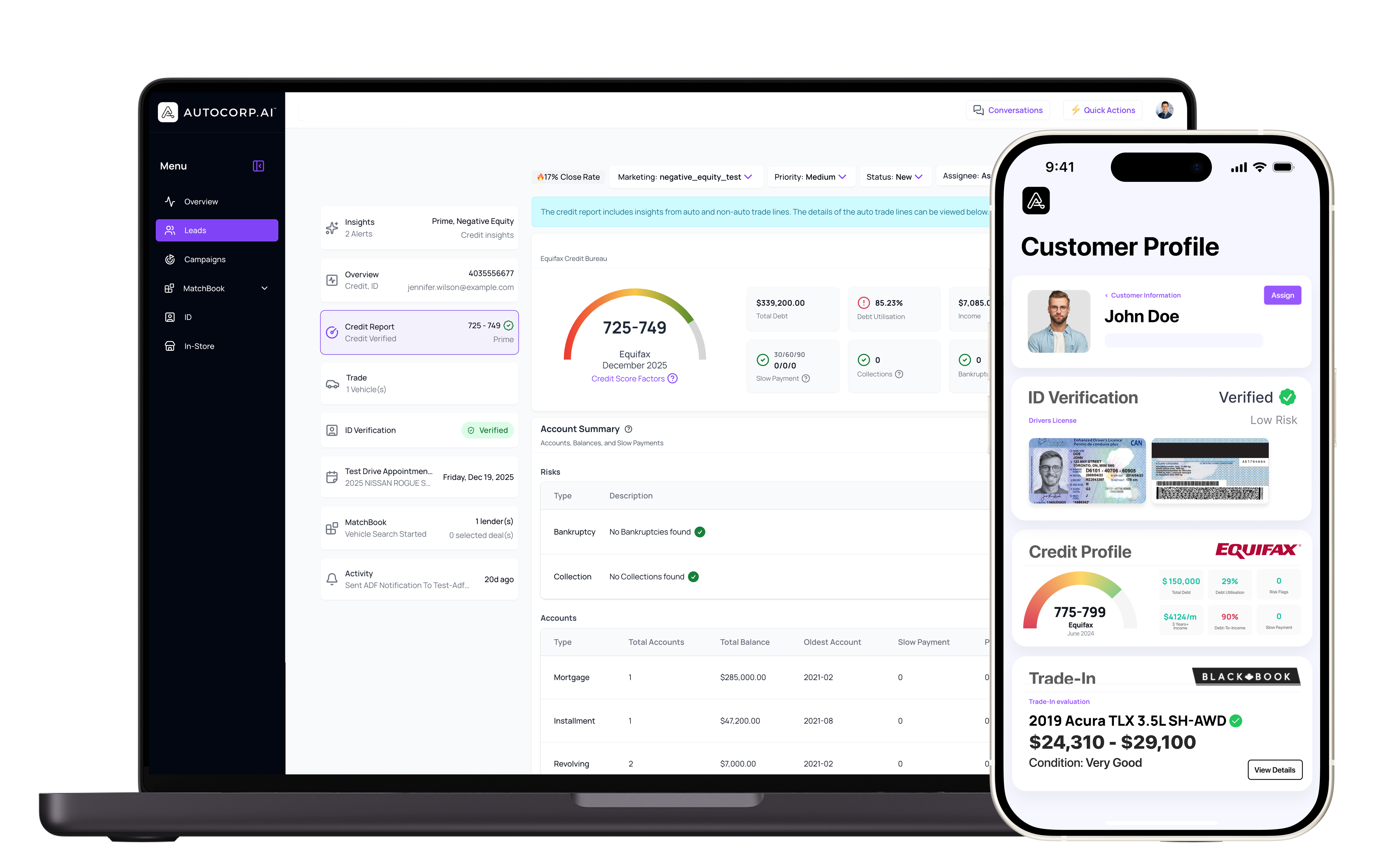
Car dealerships rely on lead generation to sell vehicles, but the process of handling leads can be challenging. Many dealerships struggle to manage leads effectively, which can result in lost sales and dissatisfied customers. In this blog, we'll explore the benefits of proper lead handling and provide tips for car dealerships to improve their lead management processes.
Proper lead handling is critical for car dealerships because it has several benefits, including:
1. Increased Sales
Effective lead handling can increase a dealership's sales. By properly managing leads, dealerships can improve their conversion rates and close more deals. This can lead to higher revenue and a more successful dealership.
2. Better Customer Satisfaction
Effective lead handling can also improve customer satisfaction. By responding promptly to leads and providing personalized attention, dealerships can make a positive impression on potential customers. This can lead to higher customer satisfaction and loyalty.

3. Improved Efficiency
Proper lead handling can also improve efficiency. By automating certain processes and using technology to manage leads, dealerships can streamline their operations and reduce the amount of time spent on lead management. This can lead to more productive employees and a more profitable business.
Now that we've explored the benefits of proper lead handling, let's discuss some tips for car dealerships to improve their lead management processes:
1. Respond Quickly
One of the most important aspects of effective lead handling is responding quickly to leads. Customers expect a prompt response, and delays can cause them to lose interest and move on to a competitor. Dealerships should aim to respond to leads within 24 hours, and ideally within a few hours or less.
2. Personalize Communication
Another important aspect of effective lead handling is personalizing communication with potential customers. Dealerships should avoid using generic templates or scripts and instead tailor their communication to each individual lead. This can help build trust and rapport with potential customers.
3. Use Technology
Technology can be a powerful tool for lead handling. Dealerships should be using a customer relationship management (CRM) system to manage leads, automate certain processes, and track interactions with potential customers. This can improve efficiency and make it easier to manage a large volume of leads.

4. Train Sales Staff
Effective lead handling requires skilled and knowledgeable sales staff. Dealerships should invest in training and development for their sales team to ensure they have the skills and knowledge needed to manage leads effectively. This can include training in communication skills, product knowledge, and lead management techniques.
5. Follow Up
Following up with potential customers is critical for effective lead handling. Dealerships should have a follow-up process in place to ensure that leads are not lost or forgotten. This can include scheduling follow-up calls or emails, sending personalized messages, and tracking interactions with potential customers.
6. Measure Results
Finally, it's important for dealerships to measure the results of their lead-handling efforts. This can help identify areas for improvement and ensure that the dealership achieves its sales goals. Dealerships should track metrics such as lead conversion rates, response times, and customer satisfaction to evaluate the effectiveness of their lead-handling processes.
Respond within a few hours when possible, and no later than 24 hours. Slow replies lower interest and increase the chance of losing the lead to a competitor.
Reference the lead’s inquiry, vehicle of interest, and any stated preferences. Avoid generic scripts. Use the lead’s name, answer their exact question, and suggest clear next steps.
A CRM helps manage a large volume of leads, automate routine steps, and track all interactions. It improves efficiency and keeps your team from missing follow-ups.
Train them on communication skills, product knowledge, and your lead process. Focus on how to respond quickly, personalize messages, and log every touchpoint.
Track lead conversion rates, response times, and customer satisfaction. Review these often to find gaps and tighten your process.
Proper lead handling is critical for car dealerships to succeed in today's competitive market. By responding quickly, personalizing communication, using technology, training sales staff, following up, and measuring results, dealerships can improve their lead management processes and achieve their sales goals. By implementing these tips, dealerships can increase their revenue, improve customer satisfaction, and build a more successful business.
